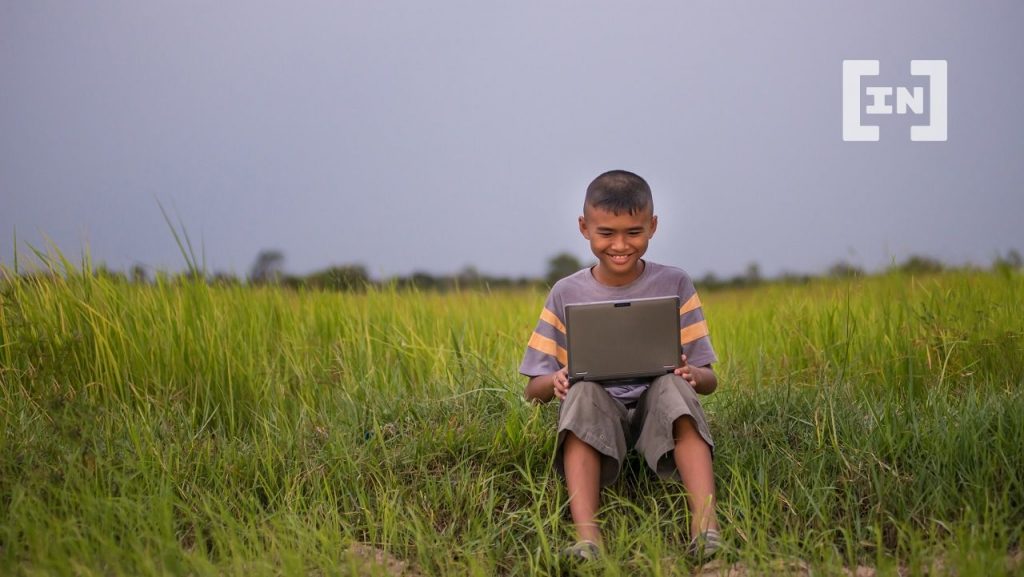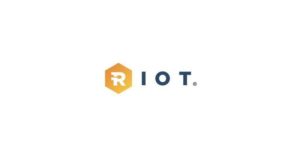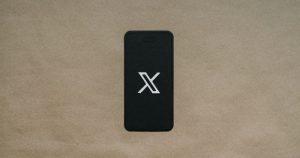How P2E Games Could End Poverty for a Billion People

Unbanked people are within the reach of financial traction via Play-to-Earn (P2E) games. This is according to Clayton Roche and Eric Anderson, Community Managers at UMA.
Could Axie Infinity help to bring one billion people out of poverty and provide an opportunity for long-term financial wellbeing? This is a question that is often asked in terms of bringing in more people into the decentralized finance (DeFi) space. To be fair, Axie Infinity could represent a good start for financial wellbeing while providing some key signposts for progress, at the very least.
Many people living in underdeveloped countries or experiencing poverty face little to no opportunity to engage with banks or traditional financial institutions.
Unbanked
There are an estimated 1.7 billion adults in the world who don’t have a bank account. Of those unbanked individuals, more than a billion have a mobile phone. This important technology is what they need to engage with financial wellness, planning, and investment. They, however, do not have the network or essential knowledge with which to engage.
But there are opportunities in DeFi that are helping to change that.
Banks only deal with people who already have money and means. But DeFi provides us with a potential solution to help provide people living in poverty with the means to earn, save, invest and borrow. One of the seedling solutions in the DeFi universe is Play 2 Earn (P2E). In other words, games.
P2E games represent an education and engagement conduit
P2E already has roughly 10 million users and is one area in Web3 that is experiencing the largest uptake by users. The open economy network started on Ethereum and is now being used by many to earn money and collaborate with developers.
It remains to be seen if P2E is really a sustainable ecosystem, but it does represent an opportunity for users in underdeveloped communities to learn about crypto and DeFi.
Many P2E games start with the basics of how to transact on the blockchain: How to create your wallet, look at your fiat off-ramps, BinancePMP, and how to do basic transactions.
As communities coalesce around gaming guilds, the individual players are learning how to invest and develop a new income stream while getting a foot in the DeFi door.
New DeFi tools will help to create cash flow, protect savings and connect people to rewards as service
There is some low-hanging fruit.
Earning via DeFi games creates cash flow, while also providing a place to hold, access and protect your money – no bank required. This is whether you live in Cuba, the Philippines or Northern Canada.
If we can start onboarding people to a deeper understanding of DeFi who came through P2E, and then channel that money into savings applications, then we have space to experiment, educate and empower.
TradFi Learnings
Grameen Bank in Bangladesh is a microfinance organization that helps to reveal the opportunity and the appetite for savings and investing among those experiencing poverty.
As of this fall, the bank had 9.44 million members, almost entirely women. With 2,568 branches, GB provides services in 81,678 villages, covering the vast majority of the total villages of the country.
The bank has generated success by offering a relatively high annual percentage yield (APY) for depositors to contribute one dollar a month for five to ten years. Deposits to the bank grew by 300% in five years.
This example reveals the opportunity for crypto in underdeveloped places, but with the added benefits of removing the intermediate of the bank and reducing delays and custodian costs that continue to be a problem in microfinance.
Unbanked: Diving deeper with optimistic rewards
(RaaS) represents a deeper layer for DeFi participation in the underdeveloped world.
While capitalistic by nature, RaaS incentivizes participants through token rewards to settle disputes on-chain via the Data Verification Mechanism. It can help to contribute to the healthy functioning of DeFi applications or products while rewarding participants financially.
RaaS is a sort of underlying functionality to provide a stream of rewards based on certain KPIs or behavioral conditions. Someone could build out some DeFi applications powered by it to encourage people to behave more in their own interests.
People may be coming for the games (while earning some income), and we have a chance to keep them around for a deeper connection to DeFi, and RaaS is one of the keys to doing that.
There is progress and inroads being made, but there is more opportunity for new solutions to the enormous problem of impoverished, unbanked people around the world.
Authors:
Clayton Roche (Community Lead at UMA) has a background in economics and is a world traveler. He has lived among people in poverty in Thailand, Vietnam, Kyrgyzstan, and the Philippines, and has a strong commitment to financial inclusion. He works as the communications and community lead at UMA.
Eric Anderson is a technology and DeFi enthusiast and leader across multiple DAOs. Eric has over a decade of leadership experience and is a passionate communicator with a desire to help others reach their potential.
Got something to say about unbanked people or anything else? Write to us or join the discussion in our Telegram channel.
Disclaimer
All the information contained on our website is published in good faith and for general information purposes only. Any action the reader takes upon the information found on our website is strictly at their own risk.















